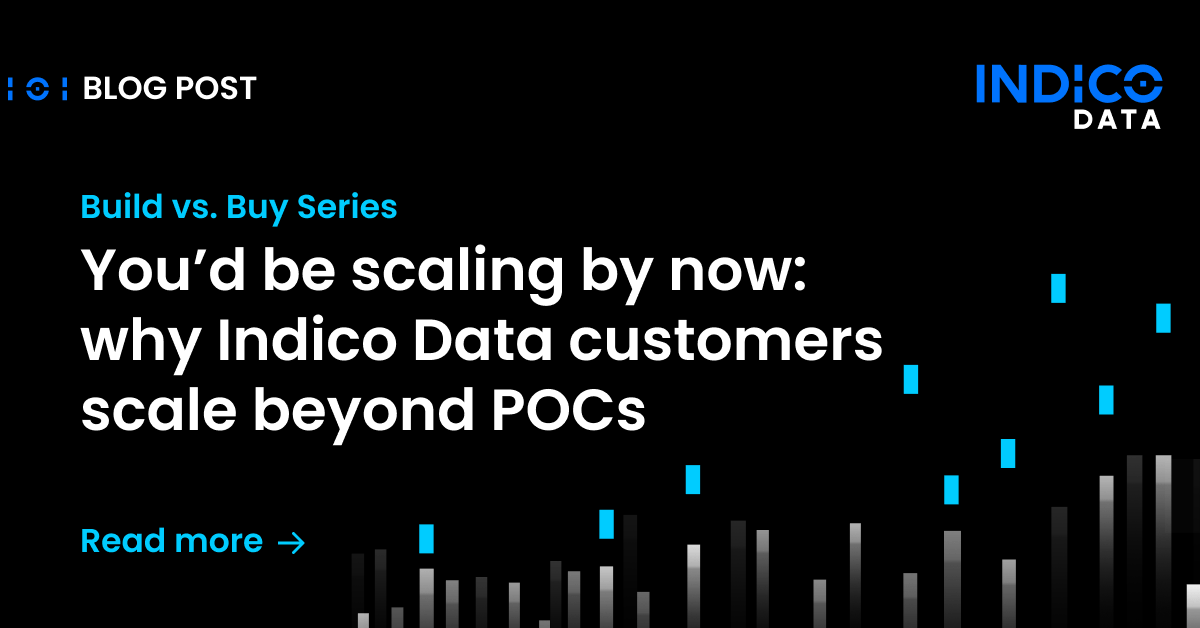Because their business is all about risk, insurance companies are always looking for ways to reduce their own risk, whether of the legal, regulatory or financial variety. In my work with clients in life, property and casualty, and health insurance, I’m seeing creative ways they are applying intelligent document processing to apply automation to the task of insurance risk reduction.
It’s an important endeavor because insurance is fundamentally all about risk. Clients buy insurance to protect themselves against relatively unlikely but potentially costly problems. Insurance companies try to write policies that ensure they sufficiently distribute the risk among all clients. Insurance is also a highly regulated industry, so providers also face risks of falling out of compliance with relevant requirements.
Below are a few of the ways I’m seeing insurance companies of all stripes apply intelligent automation to automate the processing of thousands of documents related to risk – saving thousands of employee hours and lowering their own costs.
Automate processing of historical insurance data
One of the best examples of the capabilities intelligent document processing can deliver is in examining the source data on which actuarial tables are built. Any form of insurance is built on actuarial tables that determine the probability of a given event happening, whether an auto accident or house fire. Those tables, in turn, are built on source documents that describe historical claims (and other data).
I’ve dealt with insurance companies that wanted to ensure their actuarial tables were accurate, so they could tighten up their pricing. In one case, an insurer had 180,000 documents it had identified as potentially useful to an examination of its pricing for worker’s compensation insurance. They key word there is “potentially.” The only way to know for sure was to have someone actually look at all those documents for key terms that would indicate they are indeed relevant.
The company estimated it would take its own employees 5,000 hours or more to complete the job – the equivalent of about 2.5 work years – making it a questionable investment. Instead, the company applied an intelligent document processing model that could “read” the documents and find those containing relevant terms.
Within a month, the job was complete. By throwing some computers and intelligent automation software at the job instead of employees, the company saved itself a boatload and set itself up for an even greater return when the actual examination of the documents is complete.
Automated customer onboarding in life insurance
Another common use case we’re seeing is in onboarding new customers. In life insurance, in particular, onboarding requires processing numerous documents for each client, from medical documentation to tax documents and other personal information. Insurers have legal and regulatory compliance mandates to meet in the process as well as their own financial risk, so it can be a painstaking endeavor to closely examine all the required documentation.
In many companies, onboarding is a four- to six-eye process, meaning it involves two to three people. Many companies are finding a good intelligent document processing model can serve as two or four sets of those eyes. An intelligent automation model can perform the initial triage on documents, categorizing them and pulling out certain relevant data for input into downstream processing tools. It can also flag any exceptions that require human intervention.
By taking out even a few steps out of the process, an IDP platform can increase the capacity of the insurer’s team by 50% to 80% or more, often while increasing accuracy (because computers don’t get bored or tired).
Health insurance claim re-submission automation
Over the last couple of years, health insurance companies have been especially inundated with claims related to the pandemic – on top of their usual workload. Normally, they scale up their workforce to handle the additional claims that always come during flu season, for example. But those seasonal peaks have turned into one big, long peak, sending health insurers in search of automated solutions.
One big risk health insurers face is failing to identify claim re-submissions. This is when an initial claim from a healthcare provider is denied and later re-submitted with additional information. If the company doesn’t identify the claim as a re-submission, it’s left at square one in terms of dealing with it, rather than picking up where the initial adjuster left off. What’s more, now the claim contains an extra layer of documentation, making it more complex for employees to handle.
A solution that’s been paying dividends is using intelligent document processing to handle claim re-submissions. A good IDP model can help by first identifying the claim as a re-submission and then automating the process of marrying it to documentation received with the initial claim. It may also identify data in the re-submission that addresses whatever the issue was in the original claim.
Here again, IDP is a viable way for insurance companies to increase the capacity of their existing workforce, enabling them to handle more claims without increasing headcount.
The Indico Unstructured Data Platform
These are just a few of the ways IDP can help insurance companies address risk and increase profitability. The Indico Unstructured Data Platform also comes with a number of tools to help with routine chores like internal audits, ensuring regulatory compliance when putting models into an insurance workflow, and more.
To learn more about how Indico Data can help you put intelligent document processing automation to effective use, check out this interactive demo or, even better, schedule an in-depth demo.


